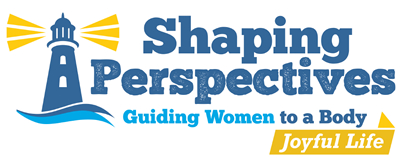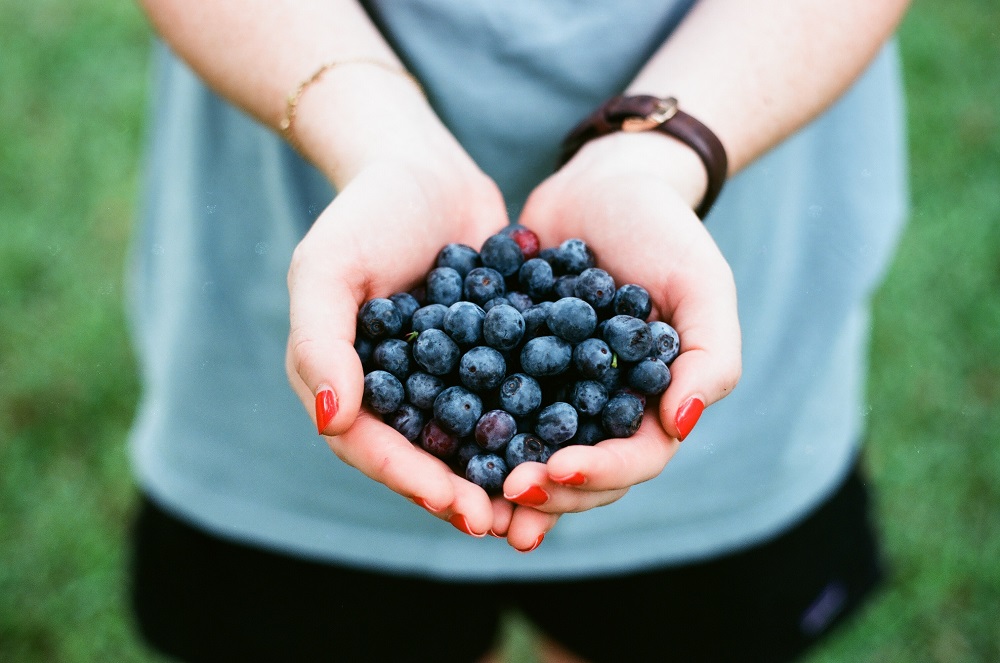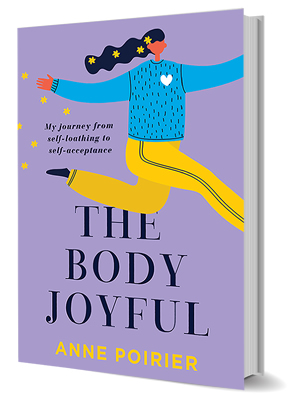Our relationship with food started out when we were just babies. It depended on how, what, and how often we were fed.
Were you fed by someone who held you close and was present and loving, or was feeding you a chore? Did you get fed from the breast or bottle? Were you fed on a schedule (say every four hours), fed on demand, or fed when it was convenient?
All of these factors play a role in the formation of our relationship with food.
So tell me, do you know what your relationship to food is? How do you feel about it?
In today’s blog, we are going to take a closer look at this special relationship, as well as how to improve it if that’s what you seek.
How to have a better relationship with food.
It only takes ten seconds to get started.
Fill in the blank:
Food is ________________
Next, set a timer for three minutes and free write your answer to this:
Eating is ________________
Try to keep writing for the entire three minutes, and I think you’ll be surprised at what you come up with.
This becomes a starting point to dive into your own unique relationship with food. If you want to have a better relationship with food, this is a great place to begin.
Our personal relationship with food.
During your younger years, how was food perceived in the household you grew up in?
Consider the answers to these questions:
- Was it restricted, or was it a free-for-all?
- Did you have the ability to get a snack when you were hungry?
- Did your family eat together?
- Did you have to finish your plate?
- Were there strict rules around eating and food?
- Were members of your family on a diet? Were you placed on a diet?
- What kind of food was available to you?
- Was food or the restriction of food used as a punishment (bad grade, no dessert) or a reward (good grades, let’s go out for ice-cream)?
The answers to these questions play an intricate role in your current relationship with food.
Perhaps you can answer these questions as part of your daily journaling practice?
For many of my clients, their brains are consumed by thoughts about food, eating, and their bodies. They’re always worrying about what they should or shouldn’t eat, how much they’ve eaten, how they need to stop eating…and on and on and on…
So much of my clients’ time has been wasted in beating themselves up over their past food choices, or worrying about the choices they’ll make in the future. By learning more about their food relationship, they’ve been able to free up their minds for more important and impactful experiences—and you can do the same.
So, let’s start by taking some time to explore some of the interesting characters you may have lurking around within your relationship with food.
The Secret Lover
Having a love affair with food is like a joyful secret, a long-lasting relationship that we know we can trust.
If you have this type of relationship, there’s an internal excitement that happens when you know you’re able to finally be alone with food. Even your closest friends or spouses don’t know about the high you get from eating food in secret.
The Stalker
One of my own personal and most familiar relationships is this one. It gets its name from a continuous pre-occupation of the Thin Ideal. The need to be “fit enough, thin enough, noticed enough.”
Food, weight, and your body are on your mind continuously. There is a strong internal belief that being thinner will make your life better and solve any problems you have.
The Prisoner
This relationship makes you feel like a prisoner in your own body and mind.
Being held prisoner is like living in a constant courtroom with Judge Foody. She sits there all high and mighty at her large courtroom desk, making sure you know what you are “supposed to be doing or not doing and supposed to be eating or not eating.”
Wanna know more about Judge Foody and how to fire your inner food critic? Click here.
The prisoner persona takes on the identity of feeling and being helpless. The internal belief is that you’re not worthy of living…unless you present yourself and look a specific way.
The Comforter
The comforter seeks out food specifically to move away from a feeling that they are having… or they go to food when something has happened in their outside world that has made them uncomfortable, overwhelmed, fearful, or stressed out.
Eating is a comforting behavior and reaction to reduce, numb, or hide specific uncomfortable feelings and emotions. Comfort eating may come up when you are lonely, bored, nervous, or experiencing just about anything that’s uncomfortable.
Because eating comforts you…period.
The Annoying Sibling
This relationship consists of an annoying little presence of something wanting your attention, especially when you’re too busy to pay attention.
My brother had this kind of relationship with food (thus, the name annoying sibling). He didn’t seem to care about food at all…and I hated that he never thought about food.
The annoying sibling can come into play in two ways.
One: Food feels like an annoyance to you, and eating is a disruption and a pain in the ass. Or two: You have a close friend or partner that has this type of relationship with food and it bugs the heck out of you, which in turn takes up valuable time and energy in your brain.
The Trusted Friend
This relationship with food is just like hanging out with a good friend. Isn’t it a wonderful feeling to have a true friend that you can trust? One that supports you, gives you energy, is fun to be around?
A relationship with food can be that way too!
When you find this place, food becomes just food.
It supports your lifestyle, is pleasurable, and gives you energy to do things that you want to do. You enjoy eating and going out to eat, and food or your weight is not on your mind all the time.
While you’re building a better relationship with food, could it also be time to rethink your relationship to exercise and movement? Click here for tips for improving this relationship, too.
Having a friendship with food like this opens up space in your mind for thoughts and ideas that can make a difference in the world and in your relationships with those you love.
And it IS POSSIBLE!
Are you ready to dive into your own personal relationship with food? Click here to take our assessment! If you name it, you then have the power to tame it!
If you want one-on-one help to help you have a better relationship with food, let’s talk. Click here to schedule a free Body Joyful Breakthrough Session.
If you enjoyed this article, you won’t want to miss these either:
Diets Don’t Work…But This Does
Tips for Intuitive Eating
3 Steps for More Positive Self-Talk


